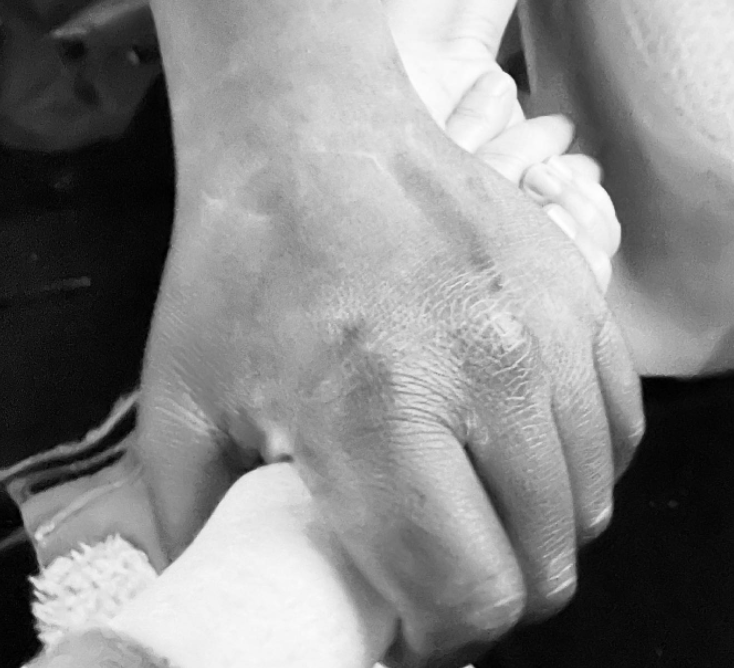
by Natalie Hart | Sep 2, 2021 | Uncategorized
These are Natalie Hart’s top takeaways from Barna’s webinar, Five Tips for a Tech-Wise Summer, May 2021. Guiding principles about tech use 1. The goal is to raise children who can self-govern their screen use. This means moving more towards operating on trust more than strict time limits or bargains–trust with guidance, that is. And use of filtering software. This speaker advocated for letting children have a little freedom at a time, and guided freedom (i.e., you can open an Instagram account, but it will be private at first, we will be your first followers, and we will work together on posting, all while talking about what kinds of things to post and how to respond to things you’ll see). 2. Technology is always changing, so it’s something you’ll always have to be talking about. Communication was a huge theme. Talk regularly and early about the things that kids will see and experience online: pornography, screen addiction, mental health repercussions, bullying. And not just as warnings, but with guidance for how they can deal with it, decisions they can make. Detailing what constitutes online bullying can help your child to avoid engaging in it; after all, it can often seem funny, at first. 3. Your children will always be better than you at technology. So prepare yourself for them to get around your filtering software, and prepare them to respond to the sometimes nasty things they’ll experience as a result. 4. Use technology to start conversations rather than end them. Ask about what they’re seeing or doing. Watch some YouTube together. Notes for parents and teens Technology can be a tool for connection,...

by Natalie Hart | Sep 2, 2021 | Uncategorized
At a 2020 Orange Conference session, “Helping Kids with Anxiety and Depression,” the panelists gave some good suggestions for how to help kids talk about how they’re feeling. I would have found these helpful when my kids were growing up and unable or afraid to put into words how they were feeling, so I’m sharing them with you. Kara Powell, from the Fuller Youth Institute, suggested a numerical ranking: “On a scale of 1 – 10, 10 being the worst, how are you doing?” This alternative can also work, for the parent to provide the ranking and see how the child responds: “It feels like, on a scale of 1 – 10, you’re about an X.” Daily check-in Mike Foster, a counselor and host of the Fun Therapy podcast, suggested a daily check-in, so families build up a habit of talking about mental and emotional states. This way it won’t feel like such a big deal to talk about it when children are struggling. It also helps remove the stigma of talking about mental health: “It removes guilt, fear, and shame, which only lead to more unhealth, and helps families move into grace, love, and open conversation. Making people suffer in silence is a tool of the enemy.” The daily check-in would involve the mind–How were your thoughts? Any repeating thoughts? Any thoughts that made you feel bad? The heart–How are your emotions? Can you name them? Are you trying to bury any of them? Which emotions are you welcoming? And, because it often reveals our mental and emotional state, the body–Are you holding tension anywhere? Do you have pain...





Recent Comments